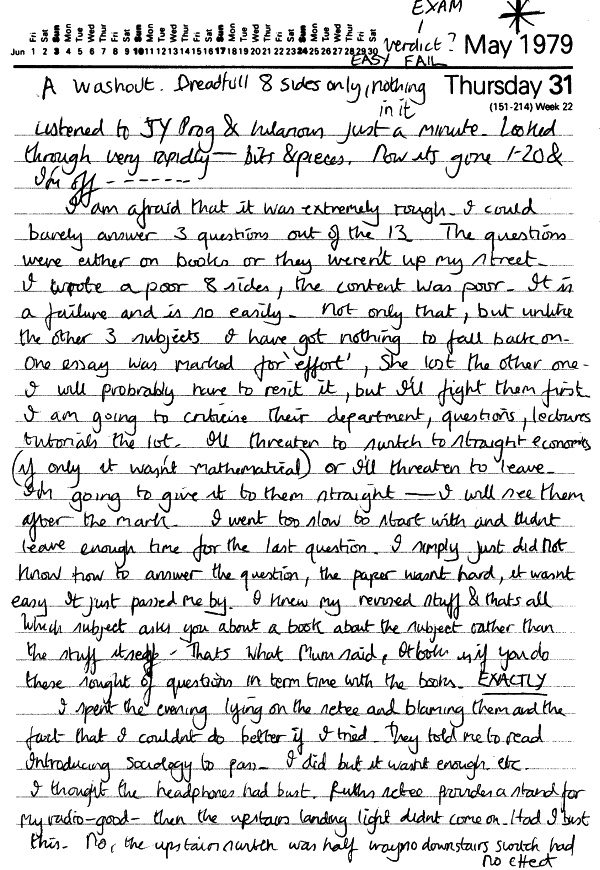THE UNIVERSITY OF HULL
ŻŻŻŻŻŻŻŻŻŻŻŻŻŻŻŻŻŻŻŻŻ
Qualifying Examination
for the Joint Degree of Bachelor of Arts
ECONOMICS, POLITICS and SOCIOLOGY
Qualifying Examination
for the Special Degree of Bachelor of Arts
SOUTH-EAST ASIAN STUDIES
1979
Sociological Analysis
Thursday, 31st May, p.m.
|
Answer three questions
|
Three hours
|

